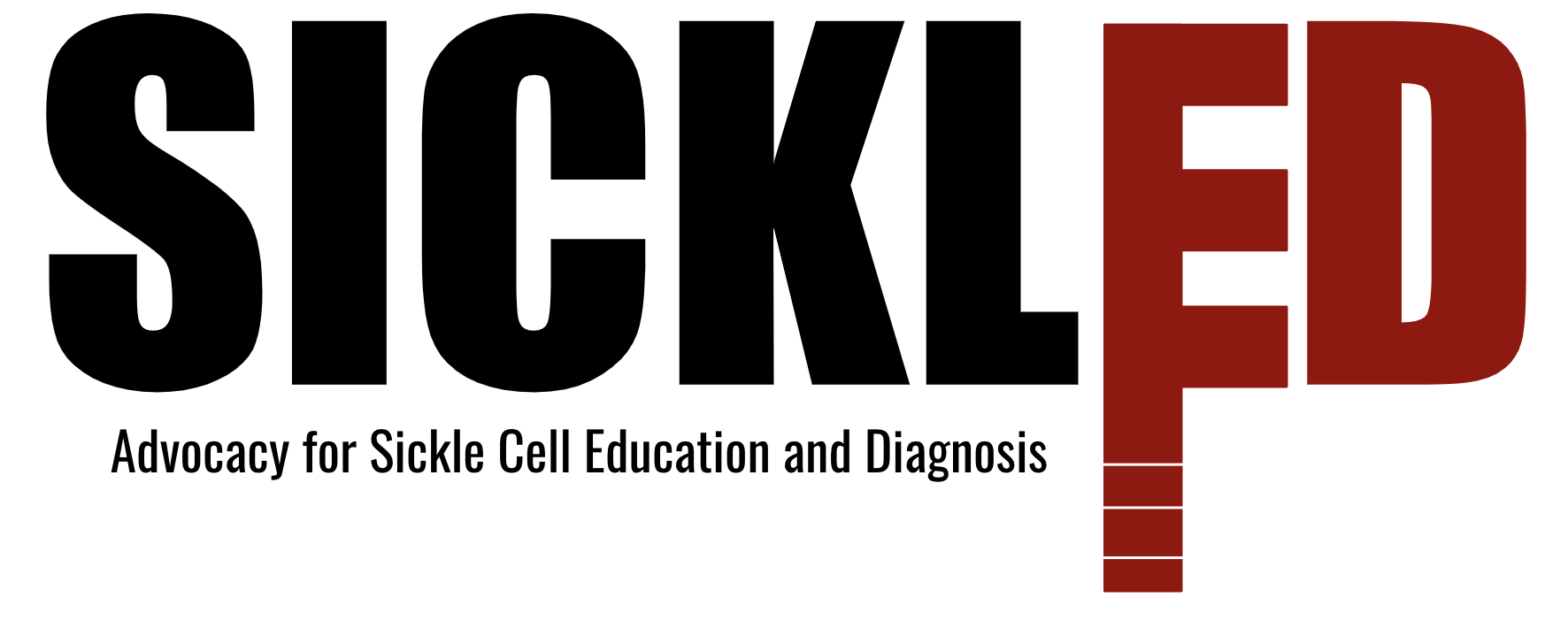The entirety of the SicklED team rose early this morning in order to make it to our first commitment. We were scheduled to attend a local outreach meeting that a nurse at a nearby PHU was conducting at a village a few minutes outside of Makeni. The nurse, who works at Yoni PHU, which the team visited some time last week, advised us to get to the village promptly as outreach talks can start as early as 6 am.
When we arrived at the village, we were immediately swarmed by the locals shaking our hands and greeting us. We spoke with the children for a few minutes while the nurse got herself situated. Moments later, a village elder called all the children to an area with chairs and wooden bleachers set up in a circle. The community gradually gravitated towards the area, and once just about everyone had congregated, the nurse began. She gave a small talk on malaria guided by a flip book with photos. She went over the fact that malaria is a mosquito borne virus and dispelled any misconceptions about it originating from other origins. She ended by urging children and adults alike to get tested should they have any of the key symptoms such as fever or chills. Shortly after this, the nurse brought out a series of medications for the children in the village. Each child had a yellow pamphlet assigned to them, which the nurse collected as she administered vitamin B pills and prophylactic medications.

The team was surprised at how short the talking portion of the outreach meeting had been, but surmised that it may have been due to the fact that malaria is a very widely covered topic in Sierra Leone. It’s entirely possible that the nurse knew the administration of medication would take some time and purposely chose to talk about a topic that could be covered in a few minutes. The team would love to be able to see another outreach day in action, as this one was very informative.
Later that morning, we said goodbye to Dr. Cheng and Professor Kramp, both of whom were scheduled to fly out of the Lungi airport in the evening.
After saying goodbye to Dr. Cheng, the team ventured out to Red Cross with Joseph. We interviewed one nurse there who did not know much about the disease initially. However, after a few questions, her memory was easily jogged and she was actually able to recall more information than she previously thought she was capable of. This leads us to think that a key to unlocking a more fortified SCD education regiment may be periodic refreshers and training, just like health workers receive for diseases like malaria and typhoid. These refreshers definitely would not be as frequent as those for malaria since the ladder is a much more prevalent disease here, but, in principle, this sort of training should be enough to refurbish the learning that most healthcare workers completed while attending university.
Leaving Red Cross, we drove for a while on a long, isolated road until we reached the Patebana PHU. At first it seemed like no one was there, but then a nurse came out and we were able to introduce ourselves. She was willing to sit for an interview and we asked her some questions on Sickle Cell Disease. She seemed to have a good understanding of the disease and encouraged mothers and other people to come in to get check ups. She is also really passionate about helping to remove the stigma around the disease. She told us about a story of a woman who came in and once tested, realized she had sickle cell disease. The woman cried and refused to believe it. She felt it was false and she promptly went home, not seeking advised medical care and treatment. However, sooner or later, within the next few days, the woman returned, and seemed very sad and lost, but she had accepted that this is a real disease and that she needed treatment. The nurse mentioned that this was one of the encounters she had with people denying, or not wanting to accept, the realities of their diagnosis. While we were there, she also mentioned she is still in school for her degree in Public Health, which she returned back to school to attain.

Soon after our previous engagement, our journey took us to Mabolleh where we had the privilege of interviewing a knowledgeable midwife. Her insights about sickle cell disease were enlightening, especially when she delved into the prevailing myths. According to her, the public believes the disease is a result of witchcraft, a common theme.

Post-interview, we took time to immerse ourselves in the local culture, interacting with the villagers and absorbing the essence of Mabolleh. The day took a poignant turn when we were joined by other teams to commemorate Samara’s work in the realm of maternal child health. A ceremony marking the handover of a signpost dedicated to Mabolleh clinic in Samara’s memory was particularly touching. Additionally, the presentation of a television set to the community, aimed at broadcasting educational videos on maternal health, emphasized the importance of knowledge dissemination.
Samara’s legacy is not just a memory; it’s an inspiration. Her impactful vision aligns seamlessly with ours at the Sickled team. We are fervently hopeful that our endeavors will reshape perceptions about Sickle Cell disease, influencing its diagnosis and management not just in Sierra Leone but setting precedents globally.

